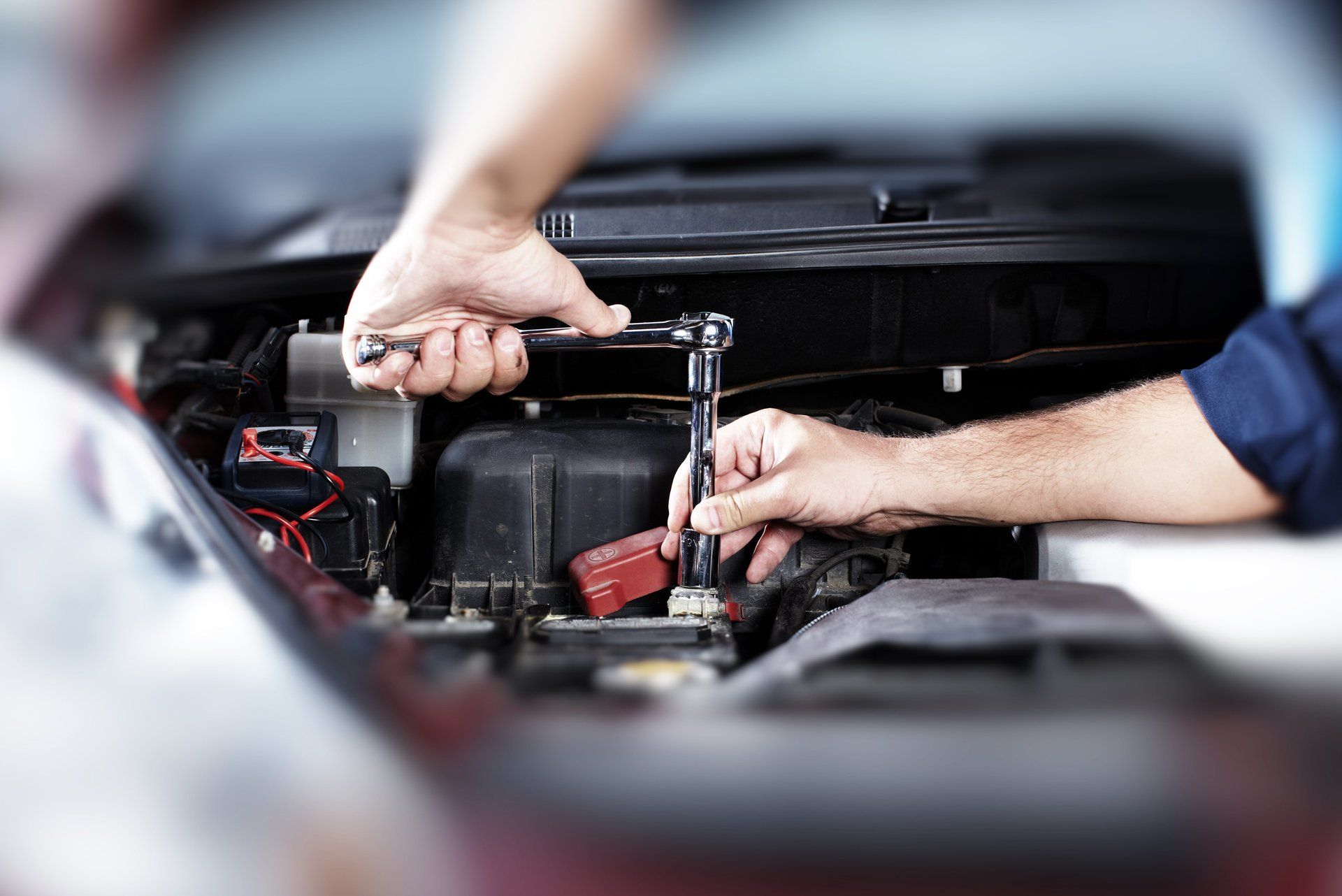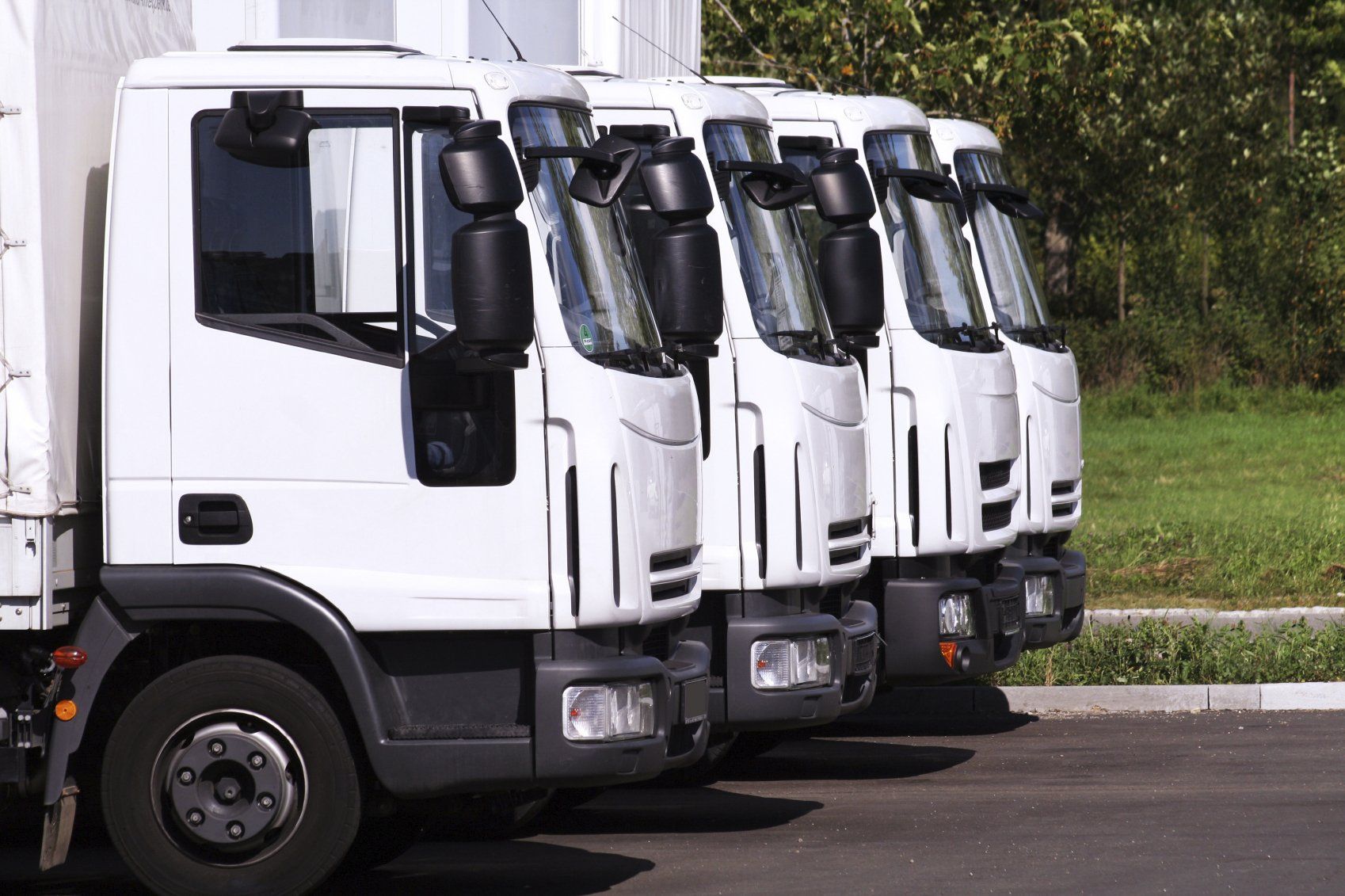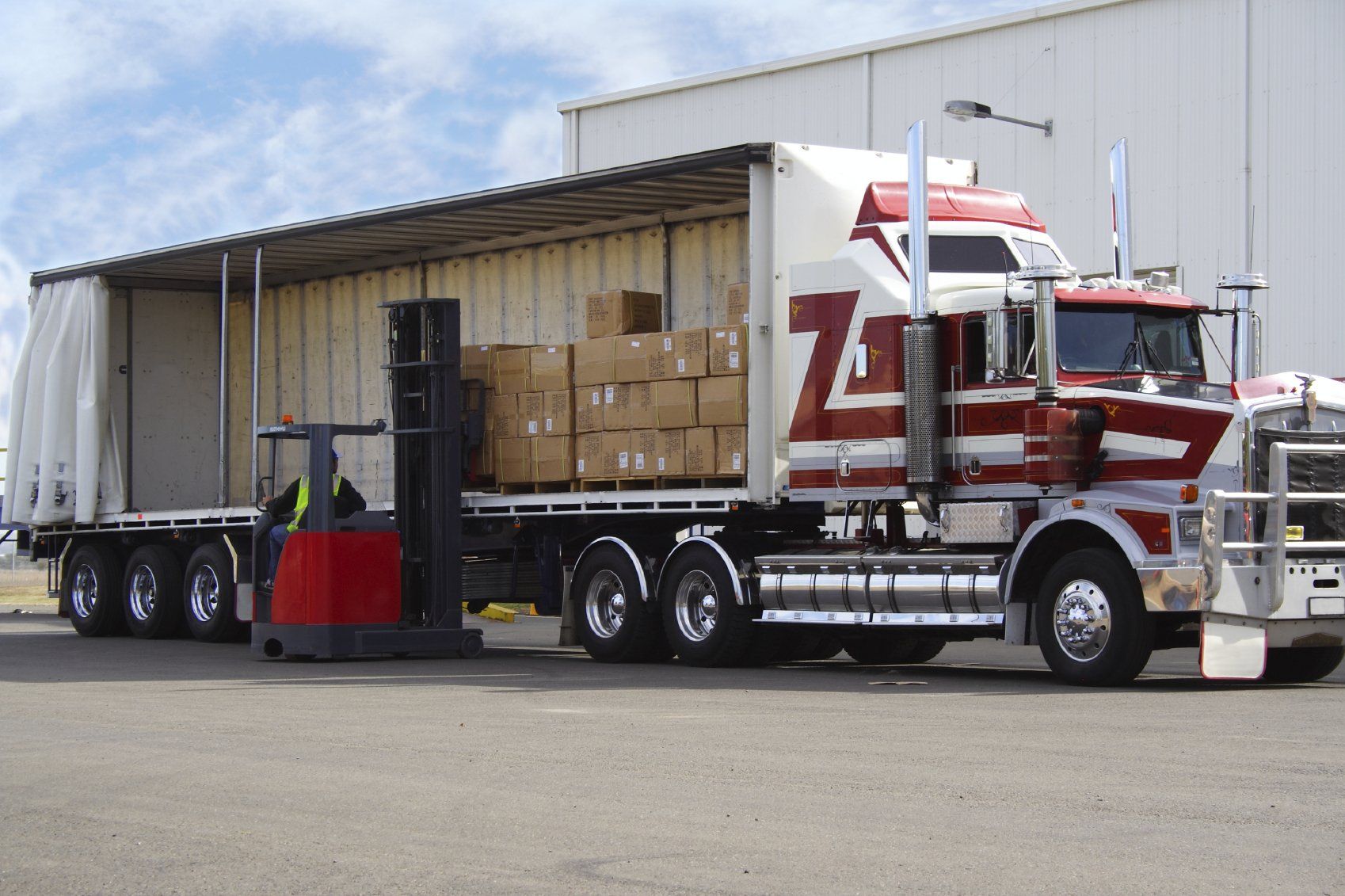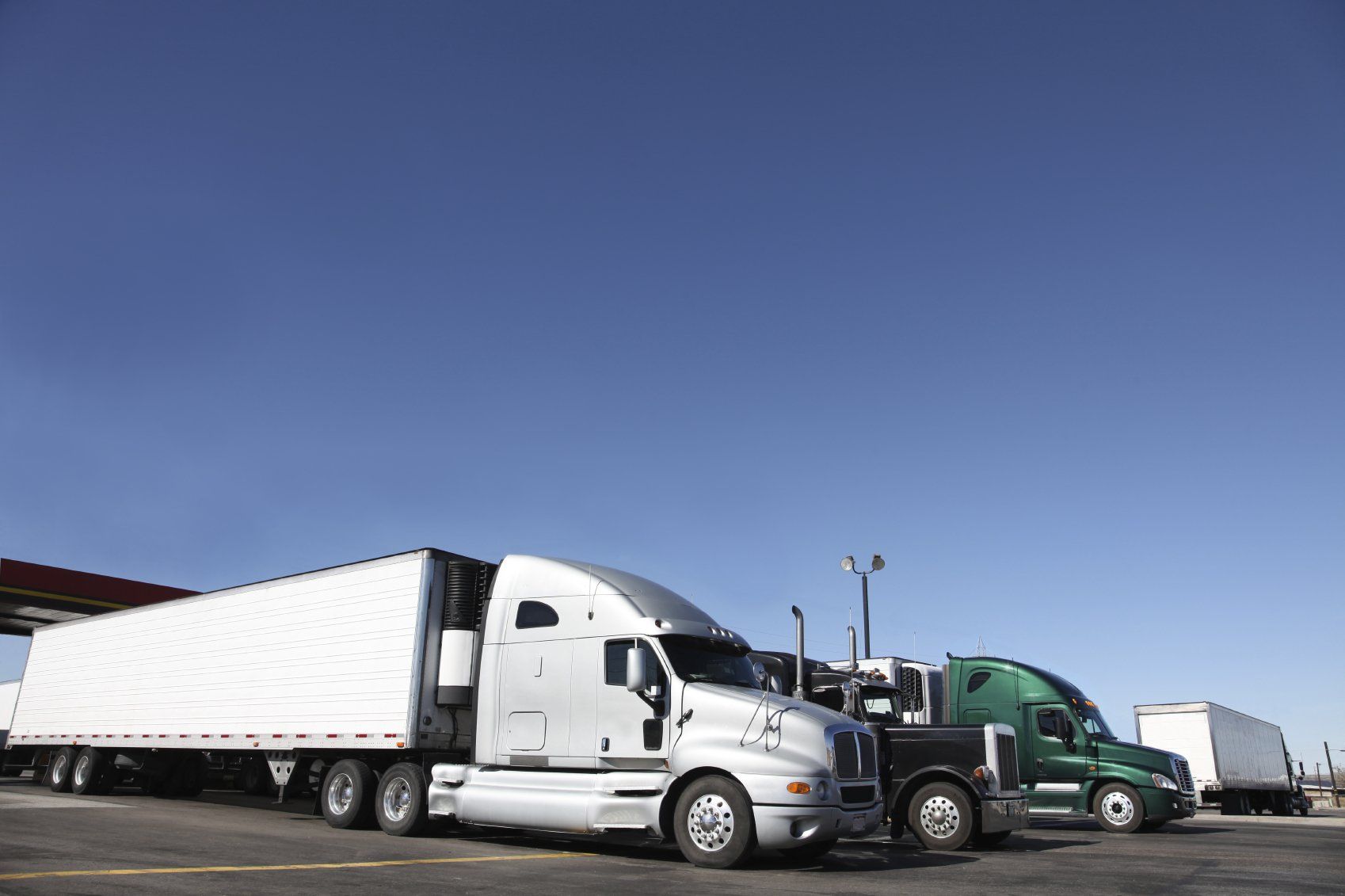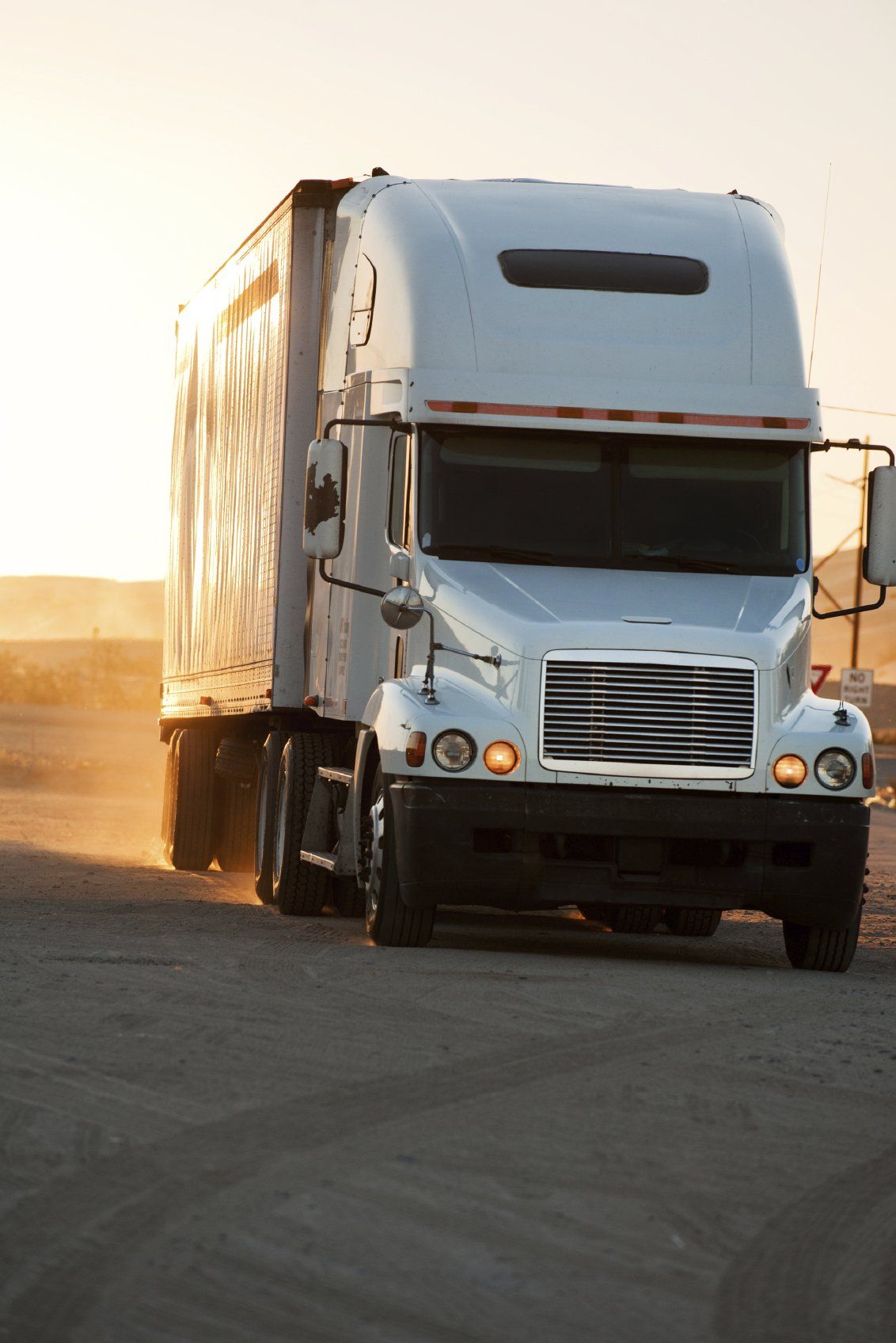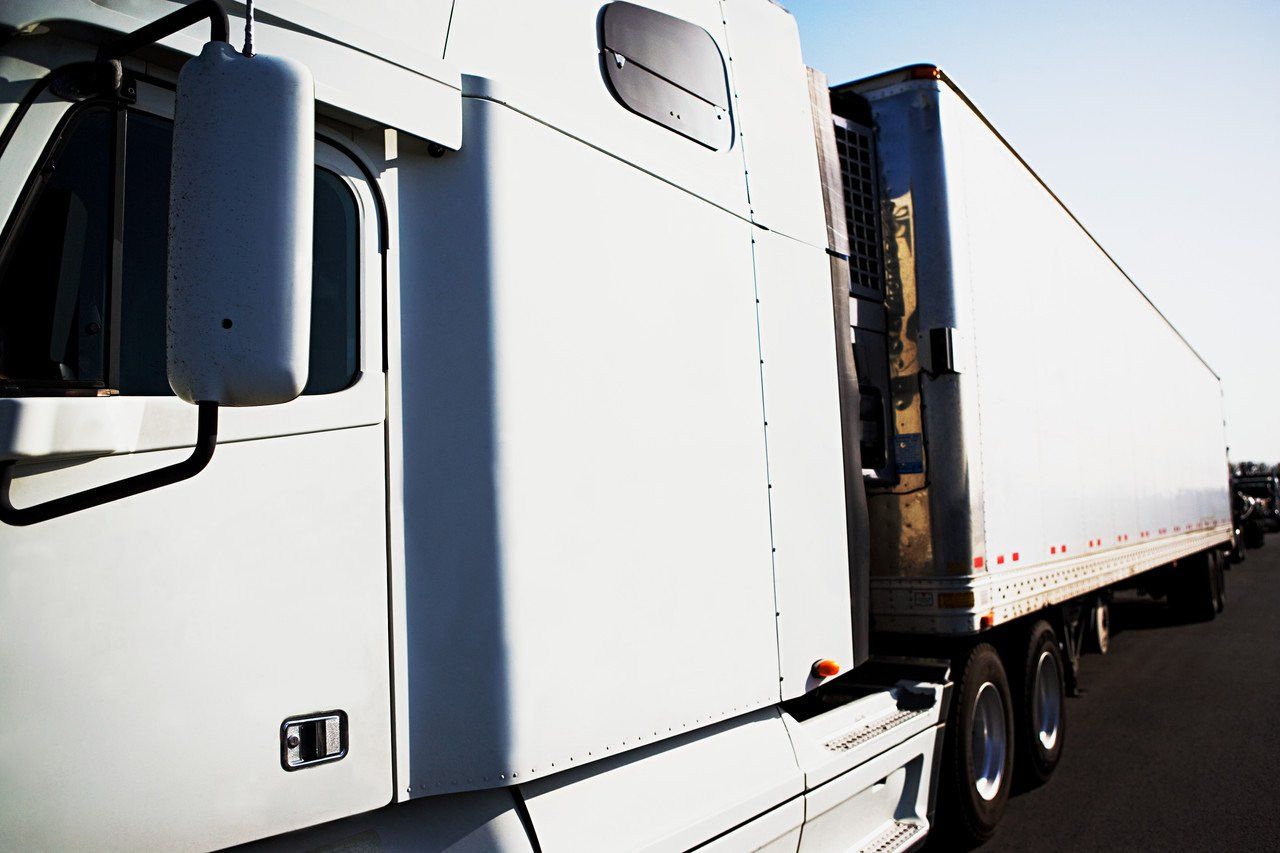Trucking in 2025: Trends, Challenges, and Opportunities
The trucking industry is a vital component of the U.S. economy, responsible for moving nearly 72% of all freight. As we approach 2025, the industry continues to evolve, driven by advancements in technology, shifting regulations, and changing market demands. Here’s what you can expect in the world of trucking in 2025:
Increased Automation and AI Integration
Automation and artificial intelligence (AI) are transforming the trucking landscape. While fully autonomous trucks are not yet mainstream, semi-autonomous systems and advanced driver-assistance technologies (ADAS) are becoming standard. These systems help reduce driver fatigue, improve safety, and optimize fuel efficiency.
AI-powered logistics platforms are also streamlining operations, from route optimization to real-time freight tracking. This integration allows trucking companies to deliver goods more efficiently and respond dynamically to unexpected changes.
Sustainability Takes Center Stage
Environmental sustainability is a growing priority in the industry. By 2025, many fleets will have adopted electric and alternative fuel vehicles, such as hydrogen-powered trucks, to meet stricter emissions regulations and appeal to environmentally conscious clients.
The infrastructure to support these greener technologies, including charging stations and hydrogen fueling networks, is expanding rapidly. Additionally, advancements in aerodynamics and lightweight materials are helping improve fuel efficiency across traditional diesel fleets.
Evolving Workforce Dynamics
The trucking industry faces ongoing challenges with driver shortages. By 2025, efforts to attract and retain drivers will likely focus on improved working conditions, competitive pay, and increased diversity.
Technology will also play a key role in workforce dynamics. Autonomous systems may reduce the demand for drivers on certain routes, while creating new opportunities in areas like vehicle maintenance, fleet management, and technology oversight.
Digital Transformation in Logistics
Digitalization is reshaping how trucking companies operate. Blockchain technology, for example, is being adopted to enhance supply chain transparency and secure transactions. Real-time data sharing between shippers, carriers, and customers ensures better communication and more reliable delivery schedules.
Cloud-based platforms are also enabling smaller carriers to compete with larger fleets by providing access to advanced tools for load matching, invoicing, and compliance management.
Regulatory Changes and Compliance
The regulatory landscape is continuously evolving. In 2025, expect further emphasis on safety and environmental standards, including stricter emissions targets and updated hours-of-service (HOS) rules.
Electronic logging devices (ELDs) are now standard, and new technologies may emerge to ensure compliance with future regulations. Staying informed about these changes will be crucial for carriers to avoid fines and maintain operational efficiency.
Rise of E-commerce and Last-Mile Delivery
The surge in e-commerce continues to impact trucking, particularly in the area of last-mile delivery. By 2025, demand for efficient and timely last-mile services will grow, driven by consumers’ expectations for same-day and next-day delivery.
Smaller, more agile vehicles and delivery drones are expected to complement traditional trucks, helping companies navigate urban environments and reduce delivery times.
Focus on Safety and Security
Safety remains a top priority, and technological advancements are enhancing security measures. Features like collision avoidance systems, predictive maintenance, and driver monitoring are becoming more widespread.
Cybersecurity is another growing concern, as increased connectivity in vehicles and logistics systems creates vulnerabilities. Companies will need to invest in robust cybersecurity solutions to protect their assets and data.
Adaptation to Market Volatility
Global supply chain disruptions, fluctuating fuel prices, and geopolitical uncertainties have highlighted the need for resilience in trucking operations. In 2025, companies will rely on data analytics and flexible strategies to adapt to market volatility and maintain profitability.
Opportunities for Growth
Despite challenges, the trucking industry in 2025 offers significant opportunities for innovation and growth. Companies that embrace technology, prioritize sustainability, and focus on workforce development will be well-positioned for success.
As the industry evolves, staying informed and adaptable will be key to thriving in this dynamic environment. Whether you’re a fleet operator, driver, or logistics manager, the future of trucking holds exciting possibilities. Contact Wilkes Agency today to get your insurance quote!
